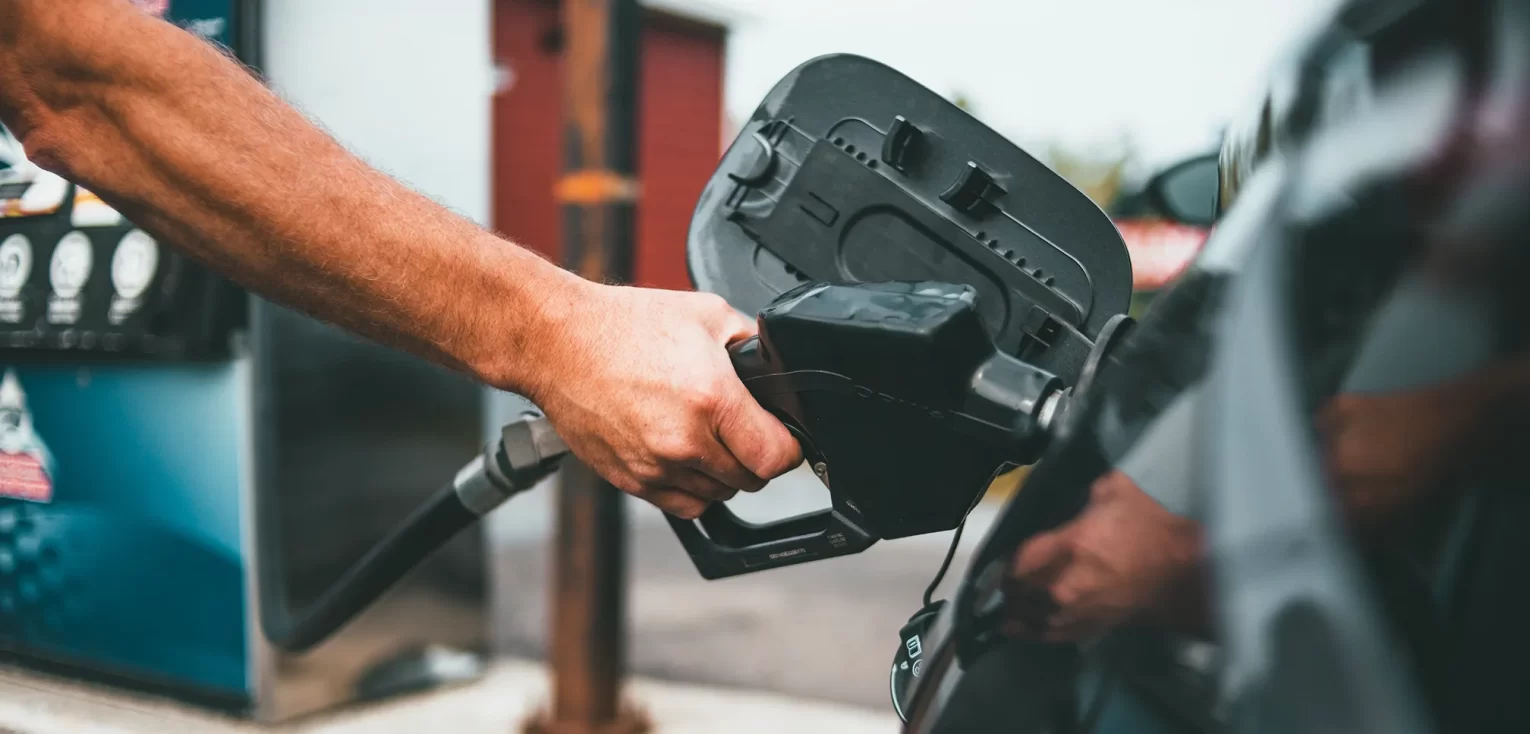As a vehicle owner, you know that gas is necessary but can get pretty pricey. Some cars are built with fuel economy in mind, and others take a little more effort. If you’ve noticed that your vehicle’s gas mileage has been getting worse, there are some different areas you can check to improve it again. In this post, we discuss 10 common reasons for poor gas mileage and what to do about them.
1. Tire Problems—Low Pressure or Misalignment
The state of your tires can have a direct impact on the amount of gas your vehicle is using. If your tire pressure is too low or if your vehicle alignment is off, your car will experience more rolling resistance when it’s moving. Because of the increase in resistance, your vehicle will also increase its fuel usage. You’ll end up burning through more fuel faster.
Most vehicles come with a sensor to let you know if you need more tire pressure. You can also use a gauge to measure your tires and check the level of pressure in each one. Follow the recommend pressure settings on the inside of your driver’s side door. And, if your car has an alignment issue, you may notice that your car is pulling to one side or that your steering wheel is off-centered. Schedule an alignment with Restored Auto, LLC.
2. Worn Out Brake Pads
As your brake pads age, they can get sticky and add resistance to your engine. Just like added resistance on the wheels can increase your fuel usage, so can added resistance on the engine. As you burn more fuel this way, you get less mileage out of it. It’s important to keep up with brake maintenance for both better fuel economy and overall vehicle safety.
3. Old Air Filters
If your engine air filter is old, dirty, or clogged, it may be the reason your gas mileage is decreasing. The engine needs air to help with combustion and a dirty or clogged filter will decrease efficiency and increase fuel usage to compensate. Older vehicles with carburetors are more susceptible to this problem. Changing your air filter will help your engine and your gas mileage.
4. Dirty Oxygen Sensors
Newer cars use oxygen sensors (or O2 sensors) instead of carburetors. Like an air filter, an O2 sensor helps your engine regulate air and fuel ratios. And, also like an air filter, an O2 sensor can get dirty or clogged. A dirty sensor may lead to your engine burning extra fuel. You can solve this by having your O2 sensor replaced.
5. Fuel System Issues
The fuel system has a lot of different parts than can affect your gas mileage. The fuel injector, fuel pump, fuel pressure regulator, and fuel filter all work together to ensure fuel moves through the engine and keeps your car running. If contaminants enter the fuel system, or one of the parts brakes, your engine is likely to receive an insufficient amount of fuel. If it’s receiving less fuel than it needs to run, it will end up consuming more fuel to make up for that. You should have your fuel system checked every 30,000 miles to ensure it’s all in proper working order.
6. Problems with Engine Oil
Engine oil plays an important role in keeping the engine lubricated and working properly. If you use the wrong type of engine oil or if your oil becomes contaminated or worn out over time, this can cause friction in your engine. The friction may lead to increased fuel usage and decreased fuel efficiency. By having your oil changed regularly and by using the oil recommended in your vehicle’s owner’s manual, you can keep your car running smoothly.
7. Old Piston Rings
Piston rings are one of the many parts lubricated by engine oil. Piston rings work within your engine’s cylinders to create compression. If the piston rings aren’t properly lubricated, they can malfunction and cause your engine to run less efficiently. This can increase your fuel usage. While the type of oil you use makes a difference, the state of your piston rings should also be considered. If they’re old or worn out, it’s probably time to replace them.
8. Spark Plug Problems
The spark plugs are what start combustion in your engine. They can wear out over time and lead to incomplete combustion. Replacing your spark plugs can help your engine function properly and use fuel efficiently.
9. Excess Idling
Excess idling typically happens in colder months. Although it’s not a bad idea to warm up your car, the engine only really needs about 30 seconds to warm up enough to drive. Leaving your car idling for longer than that means you’re using up fuel without getting any miles out of it. You can shift into neutral to save on gas and heat up the cabin of your vehicle.
10. Aggressive Driving Habits
The final cause on our list of things decreasing your gas mileage is aggressive driving habits. If you rev your engine, accelerate quickly, speed, or make frequent stops, you are likely wasting gas. Using cruise control when it is safe to do so can help you maintain a more consistent speed and get more miles out of your fuel tank. And, in addition to saving gas, driving more cautiously is easier on your brakes and accelerator, and it makes your trip safer.
Call Restored Auto, LLC for your vehicle maintenance.
If you’ve noticed a dip in your gas mileage and you’re not sure what the problem is, call us. We will work to diagnose the issue, make necessary repairs, and keep you informed throughout the process. Call Restored Auto, LLC today to set up an appointment.

